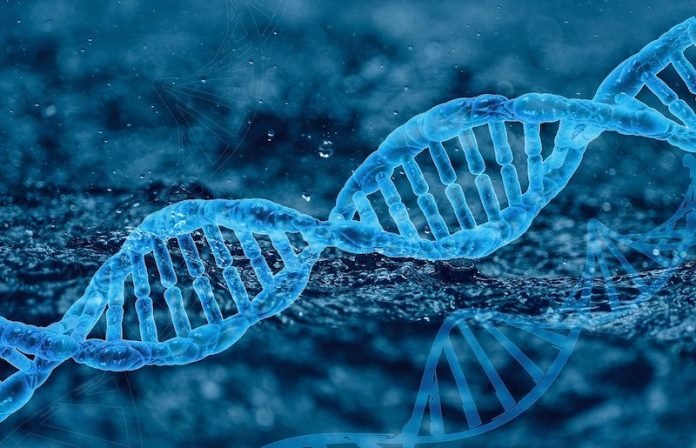
In a new study from Karolinska Institutet, researchers found a specific gene variant that protects against severe COVID-19 infection.
The researchers managed to pinpoint the variant by studying people of different ancestries, a feat they say highlights the importance of conducting clinical trials that include people of diverse descents.
In addition to old age and certain underlying diseases, genetics can influence whether we become severely affected or only suffer mild illness from COVID-19.
Previous studies on main people of European ancestry have found that individuals carrying a particular segment of DNA have a 20% lower risk of developing a critical COVID-19 infection.
This DNA segment encodes genes in the immune system and is inherited from Neanderthals in about half of all people outside Africa.
This region of DNA is, however, packed with numerous genetic variants, which makes it challenging to disentangle the exact protective variant that could potentially serve as a target for medical treatment against severe COVID-19 infection.
In the study, the team looked for individuals carrying only parts of this DNA segment.
Since the Neandertal inheritance occurred after the ancient migration out of Africa, the researchers saw potential in focusing on individuals with African ancestry who lack heritage from the Neanderthals and therefore also the majority of this DNA segment.
A small piece of this DNA region is, however, the same in both people of African and European ancestries.
The researchers found that individuals of predominantly African ancestry had the same protection as those of European ancestry, which allowed them to pinpoint a specific gene variant of particular interest.
The analysis included a total of 2,787 hospitalized COVID-19 patients of African ancestry and 130,997 people in a control group from six cohort studies.
8% of individuals of African ancestry carried the protective variant. The outcome was compared with a previous, larger metastudy of individuals of European heritage.
According to the researchers, the protective gene variant (rs10774671-G) determines the length of the protein encoded by the gene OAS1.
Prior studies have shown that the longer variant of the protein is more effective at breaking down SARS-CoV-2, the virus causing the disease COVID-19.
The COVID-19 pandemic has spurred considerable collaboration among researchers in different parts of the world, which has made it possible to study genetic risk factors in a wider diversity of individuals than in many previous studies.
Even so, the majority of all clinical research is still being done on individuals of predominantly European descent.
This study shows how important it is to include individuals of different ancestries.
If you care about COVID, please read studies about the most effective face-mask practices to reduce spread of COVID-19, and why a drug used to treat severe COVID-19 may only benefit men.
For more information about health, please see recent studies about drug that could help treat lung damage in COVID-19, and what you need to know about omicron and COVID boosters.
The study is published in the journal Nature Genetics. One author of the study is Brent Richards.
Copyright © 2022 Knowridge Science Report. All rights reserved.



